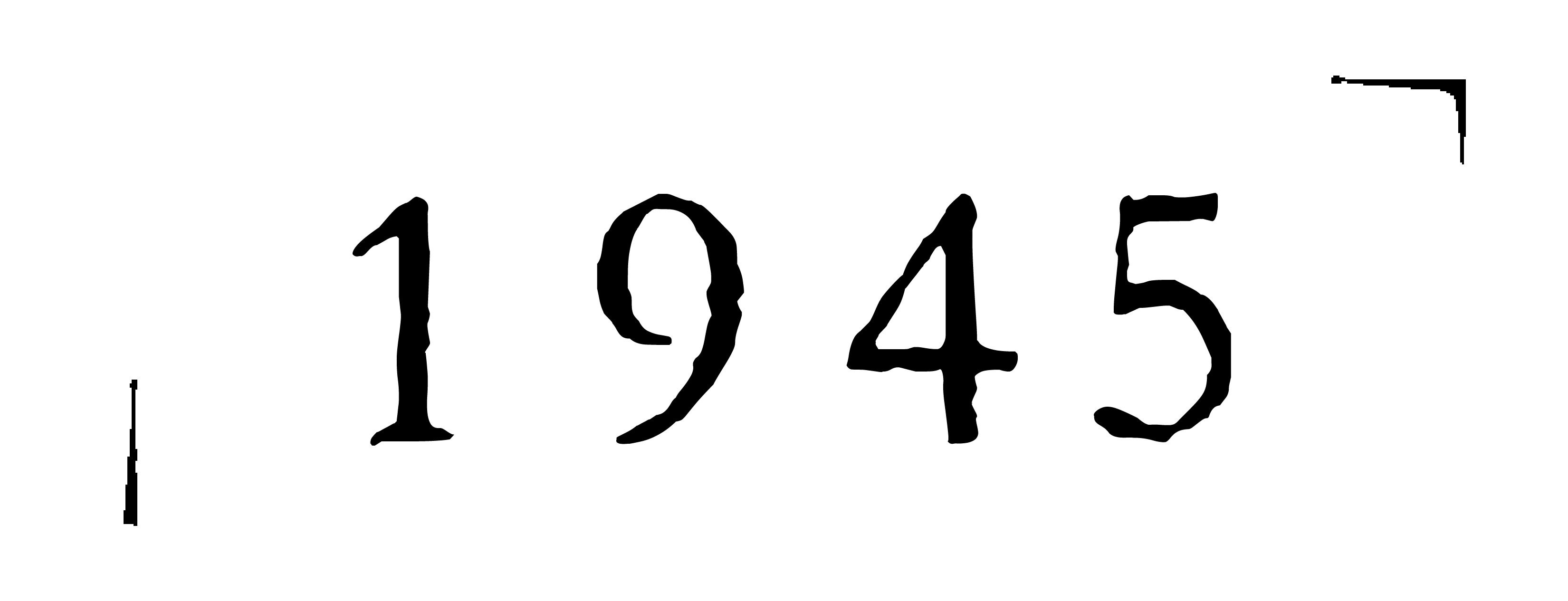Japan – the only state in the world that has ever experienced a nuclear attack – has consistently boycotted nuclear weapons ban treaty negotiations, siding with nuclear powers such as the US, Britain and France. Meanwhile, hibakusha and their descendants have painstakingly fundraised year after year to send their members to said negotiations to speak on behalf of atomic bomb survivors and express their plight for nuclear disarmament.
Though their home government continues to fail them, the hibakushas’ efforts have not fallen on deaf ears. On October 6, 2017, the International Campaign to Abolish Nuclear Weapons (ICAN) was awarded the Nobel Peace Prize, paving the road for further nuclear disarmament and the prevention of nuclear proliferation.
Advocates for nuclear abolition must emphasize the inhumane nature of nuclear weapons and how the development and use of nuclear weaponry is a direct violation of international humanitarian law. The Mine Ban Treaty (1997) and the Convention on Cluster Munitions (2008) both set a healthy precedent for how public opinion and stigmatization can have a significant role in the successful prohibition of a weapon.
Below are three things that you can do to speak up about how the development and use of nuclear weapons are a direct violation of international humanitarian law:

